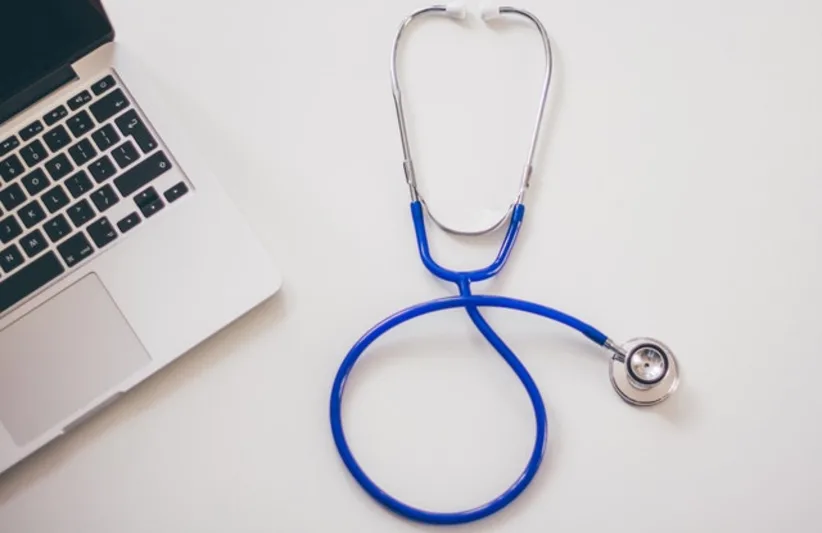This post will focus on the following topics.
- 1. How is my overall health?
- 2. What can I do to improve my health?
- 3. Will you be testing me for any conditions?
- 4. What vaccines do I need?
- 5. Is there anything I should do to stay healthy?
- 6. Should I make an appointment for my child?
- 7. When should I come in for a routine check-up?
- 8. Is there anything I should discuss with my partner?
- 9. Has my medication changed?
- 10. Are you aware of any recent studies?
There are a few reasons why it's important to stay in touch with your doctor. For one, routine exams can help detect health problems early on, when they're often easier and less expensive to treat.
Additionally, your doctor can keep track of any ongoing health conditions you may have and provide you with advice and treatment options.
But it's not enough to just go to your routine exams like clockwork; you need to become more proactive with your health by asking the right questions.
If you need some help in that department, here are 10 smart questions that you should ask your doctor during your next routine exam.
1. How is my overall health?
While most people think the only time they need to worry about their health is if they're feeling sick, it's significant to stay proactive and regularly monitor your well-being.
During your routine exam, you should ask your doctor what their thoughts are on your general health and well-being. Although they're not obligated to tell you the complete truth, a red flag should go up if your doctor is hesitant or uneasy about your health.
2. What can I do to improve my health?
You may not be able to ask your doctor for advice on improving your diet, exercising more, or quitting smoking, but you can ask them what they recommend. If your doctor suggests a lifestyle change for improving your health and well-being, it's probably a good idea to follow their advice.
3. Will you be testing me for any conditions?
Some routine exams include a battery of tests to check your overall health, but there may also be some specific tests that your doctor will recommend. For example, if you're overweight, they may test for diabetes or high cholesterol.
Make sure you ask your doctor what tests they recommend because it could help prevent further conditions from developing, or it may provide you with the action steps needed to improve your current condition.
4. What vaccines do I need?
During your routine exam, you should always go over what vaccines you require. Whether it's the flu vaccine, Tdap vaccine, or another one that your doctor recommends, make sure to get vaccinated.
Not only will vaccines help you not get sick, but they'll also prevent spreading those illnesses to others as well.
5. Is there anything I should do to stay healthy?
During most routine exams, your doctor will go over any changes you can make to improve your current condition.
For example, if you're overweight, they may recommend a diet and workout plan to get you started on the path of weight loss. If you require any help with the specific details of your routine, don't hesitate to ask your doctor for advice.
6. Should I make an appointment for my child?
If you have children, you must stay on top of their health as well. You can't assume that their nagging or stomach pains are just part of growing up; you need to make sure that your children aren't hiding any symptoms that need medical attention.
During some routine exams, you can ask your doctor if they'd recommend taking your child to an urgent care center if they notice something wrong.
7. When should I come in for a routine check-up?
The most important part of staying healthy is to get your routine check-ups. However, it can be easy to forget when you require your next exam. To avoid missing an appointment, it's a good idea to set a reminder on your calendar or inbox with the date and time of your next exam.
8. Is there anything I should discuss with my partner?
Many people don't feel comfortable talking with their doctor about certain topics, but they're often the most essential to discuss.
For example, if you're having trouble conceiving a baby or there's been some sort of accident, make sure you discuss these topics with your doctor. It doesn't matter if you don't feel comfortable bringing the topic up, they'll certainly understand.
9. Has my medication changed?
Many people take medication for various chronic conditions, but when did you last speak to your doctor about updating your prescription?
Some medications are more likely to break down over time, so it's important to not only discuss when you last spoke about your medication with your doctor, but also have them check if anything's changed.
10. Are you aware of any recent studies?
Doctors frequently keep up with the latest medical research, but sometimes they may not tell you about a study until they've personally had a chance to check it out. Make sure you ask your doctor if there have been any recent studies that you should be aware of.
During your next routine exam, make sure to bring these questions with you. Not only will these help you learn more about your overall health, but they will also help you stay healthy going forward!

